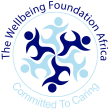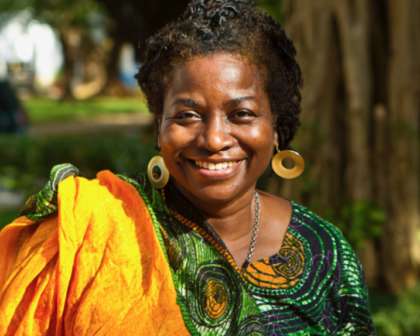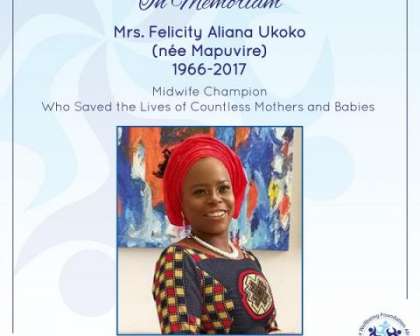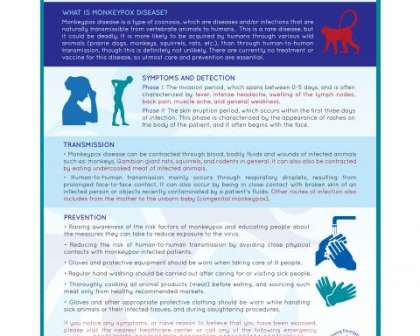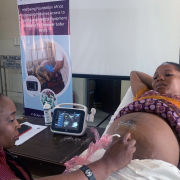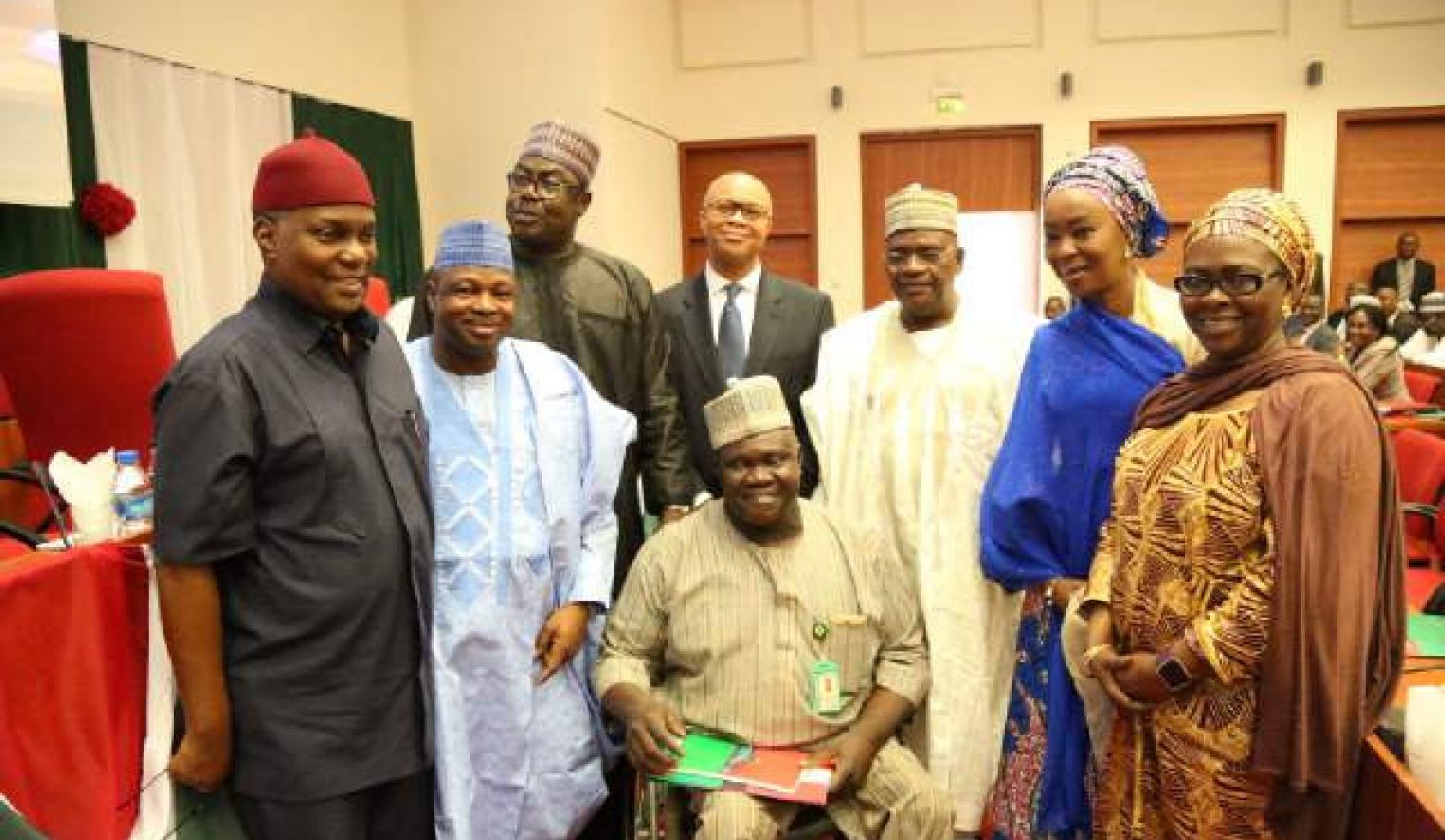
Nigeria Primary Health Care Revitalisation Support Group Commends National Assembly Appropriations Committees Public Engagement, Urges 1% Consolidated Revenue Fund To PHC
On Tuesday 14 February 2017, HE Toyin Saraki Founder-President of the Wellbeing Foundation Africa and Chair of the Primary Healthcare Revitalisation Support Group presented a memorandum on the 2017 Health Budget to the Nigerian National Assembly.
The Support Group comprises of the Chairman of the Committee on Healthcare Services, Hon. Chike Okafor and his Deputy, Hon Muhammad Usman, as well as the Chairman of the Committee on AIDS, TB & Malaria, Hon. David Emmanuel Ombugadu, the Development Partners, the Executive Director of the National Primary Healthcare Development Agency (NPHCDA), the representative of the Minister of Health, and leaders and representatives from 72 CSOs and NGOs working to improve health systems and outcomes across Nigeria.
The Support Group memorandum advocated the following recommendations on the 2017 Health Budget proposal that the National Assembly and Federal Government:
1. Implement the National Health Act by setting aside not less than 1 percent of the Consolidated Revenue Fund to the Basic Health Care Provisions Fund. The Guidelines for the administration, disbursement and monitoring of the Fund is virtually completed. The 2017 budget should prioritize this, setting aside 49bn as statutory transfer.
2. Increase allocation to the health sector to reach at least 7.5 percent of the overall budget in 2017 to progress towards the Abuja Declaration benchmark. The bulk of the new resources should go to capital expenditure to enhance access to equipment and health supporting infrastructure. At the current level, total allocation to health should not be less than N547bn.
3. Back the provision for the revitalization of 1 Primary Health Centre per ward (10,000) with the right budget. N3bn for 1000 PHCs in 2017 is a small start for an ambition that ends in 2019. Although Primary Health Care is not the primary responsibility of the Federal Government, it should provide resources in form of grants to States and LGAs given that over 70% of disease burden in the country lies at the primary level. Specifically, given that rehabilitation of just 1,000 out of about 10,000 PHCs in the Country is largely insignificant, the Federal Government should provide for additional N6b in the 2017 budget to enable her rehabilitate at least 3,000 out of about 10,000 PHCs in the Country ear marked for rehabilitation. Funding options for this could include : (i) Additional funding from the PROPOSED INCREASE IN OIL BENCHMARK PRICE in the 2017 budget.(ii) Deduction from Source of money from the next round of Paris Club Refund to States to enable them budget for the rehabilitation of some PHCs in 2017, 2018 and 2019.
4. Ensure that budgetary allocation to allow a biennial funding mechanism for routine vaccines is made in 2017. While funding for 2017 is largely taken care of (but for a funding gap of N1.5bn), the provision for 2018 was ignored, which could create procurement challenges to meet immunization needs for Nigerian children in 2018. FGN should put in place the policy and legal framework for sustainable immunization financing and develop a transition plan to address the accelerated loss of GAVI support in the next 5 years.
5. Nigeria currently has 11 million children suffering from stunting. It is essential that the budget makes provision for services such as health facility-based nutrition counseling and iron or multiple micronutrient supplementation during pregnancy delivered through ANC visits, zinc/oral rehydration solution for treatment of diarrhea, deworming of young children twice annually and micronutrient powders for home fortification through MNCH weeks. This will mean a funding gap of close to N1B in the 2017 FMOH budget. Furthermore, the scale up of integrated Community Case Management of Malaria, Diarrhoea and Pneumonia in all states of the Federation, as recommended by the NCH in Sokoto (2016) coupled with implementation of Community based IMNCH program will provide a combination of preventive and curative interface for these three killer diseases, in addition for MALNUTRITION. In terms of costing, this will require an extra matching grant of N1.5b from the Federal Government to cover hiring of extra Community Health Extension Workers and provide basic Nutritional Preventive and therapeutic Services in 3,000 designated PHCs in Nigeria in 2017.
6. Funding for HIV response should be radically increased to consider the current treatment gap for PLHIV, which stands at 2.35mn persons in 2015. Providing ARTs for at least 20% of this number in 2017 will require at least 23bn for one year while testing and maintaining the current 2 states of Abia and Taraba should be doubled to meet the current needs to stem the HIV/AIDS challenge.
7. We are of the view that the proposal of NHIS to partner with states to scale up the coverage of pro poor state supported health insurance schemes (SSHIS) is a step in the right direction.
8. Full and timely release of the capital budget of the Health Sector starting from the 2017 financial year. Capital Budget Performance in recent years is one of the worst among Federal ministries, with the exception of 2016, due to the rapid response occasioned by the reemergence of polio in the North East.
9. The specific contributions of Development Partners should be identified and captured in the budget for purposes of transparency and accountability. An active process of oversight of the utilization of these funds should be institutionalized and funded for improved efficiency.
10. Acknowledging the unique partnership & landmark commitment of N11.72bn for strategic joint investments in tertiary health institutions with the Nigerian Sovereign Investment Authority (NSIA) as laudable, we warn that the necessary steps be taken to guarantee affordability for poor & vulnerable Nigerians who are unable to afford such services delivered under such models;
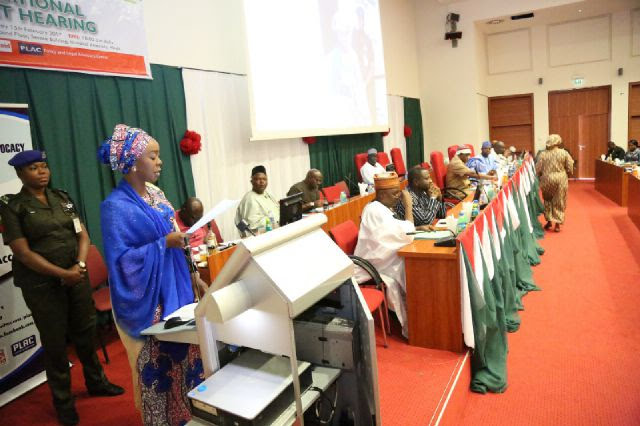
Mrs Saraki, who was joined by co-Chair of the PHCRSG, Dr Benjamin Anyene, and Wellbeing Foundation Africa Country Director, Dr Luther Fasehun, among other members of the PHCRSG, commended the National Assembly Appropriations Committee Chairmen, Senator Danjuma Goje (Senate) and Honorable Mustapha Bala Dawaki (House Of Representatives), and all Distinguished and Honorable Budget Appropriation Committee Members for ushering in a new era of civil society engagement, transparency and accountability, toward ensuring that National Assembly budgetary oversight in revitalising Nigeria's ailing Primary Healthcare System, to avert the disaster of collapse.
On Tuesday 14 February 2017, HE Toyin Saraki Founder-President of the Wellbeing Foundation Africa and Chair of the Primary Healthcare Revitalisation Support Group presented a memorandum on the 2017 Health Budget to the Nigerian National Assembly.
The Support Group comprises of the Chairman of the Committee on Healthcare Services, Hon. Chike Okafor and his Deputy, Hon Muhammad Usman, as well as the Chairman of the Committee on AIDS, TB & Malaria, Hon. David Emmanuel Ombugadu, the Development Partners, the Executive Director of the National Primary Healthcare Development Agency (NPHCDA), the representative of the Minister of Health, and leaders and representatives from 72 CSOs and NGOs working to improve health systems and outcomes across Nigeria.
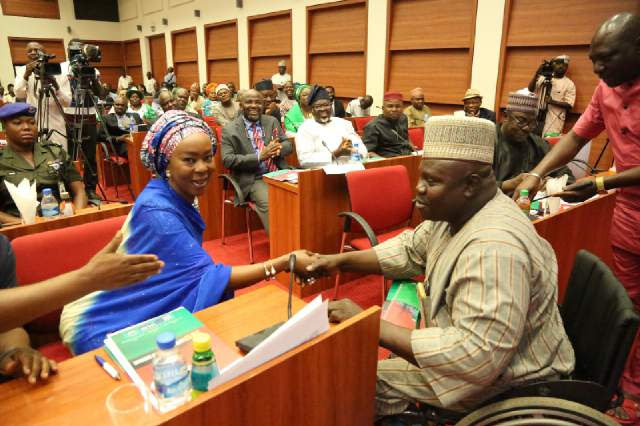
The Support Group memorandum advocated the following recommendations on the 2017 Health Budget proposal that the National Assembly and Federal Government:
1. Implement the National Health Act by setting aside not less than 1 percent of the Consolidated Revenue Fund to the Basic Health Care Provisions Fund. The Guidelines for the administration, disbursement and monitoring of the Fund is virtually completed. The 2017 budget should prioritize this, setting aside 49bn as statutory transfer.
2. Increase allocation to the health sector to reach at least 7.5 percent of the overall budget in 2017 to progress towards the Abuja Declaration benchmark. The bulk of the new resources should go to capital expenditure to enhance access to equipment and health supporting infrastructure. At the current level, total allocation to health should not be less than N547bn.
3. Back the provision for the revitalization of 1 Primary Health Centre per ward (10,000) with the right budget. N3bn for 1000 PHCs in 2017 is a small start for an ambition that ends in 2019. Although Primary Health Care is not the primary responsibility of the Federal Government, it should provide resources in form of grants to States and LGAs given that over 70% of disease burden in the country lies at the primary level. Specifically, given that rehabilitation of just 1,000 out of about 10,000 PHCs in the Country is largely insignificant, the Federal Government should provide for additional N6b in the 2017 budget to enable her rehabilitate at least 3,000 out of about 10,000 PHCs in the Country ear marked for rehabilitation. Funding options for this could include : (i) Additional funding from the PROPOSED INCREASE IN OIL BENCHMARK PRICE in the 2017 budget.(ii) Deduction from Source of money from the next round of Paris Club Refund to States to enable them budget for the rehabilitation of some PHCs in 2017, 2018 and 2019.
4. Ensure that budgetary allocation to allow a biennial funding mechanism for routine vaccines is made in 2017. While funding for 2017 is largely taken care of (but for a funding gap of N1.5bn), the provision for 2018 was ignored, which could create procurement challenges to meet immunization needs for Nigerian children in 2018. FGN should put in place the policy and legal framework for sustainable immunization financing and develop a transition plan to address the accelerated loss of GAVI support in the next 5 years.
5. Nigeria currently has 11 million children suffering from stunting. It is essential that the budget makes provision for services such as health facility-based nutrition counseling and iron or multiple micronutrient supplementation during pregnancy delivered through ANC visits, zinc/oral rehydration solution for treatment of diarrhea, deworming of young children twice annually and micronutrient powders for home fortification through MNCH weeks. This will mean a funding gap of close to N1B in the 2017 FMOH budget. Furthermore, the scale up of integrated Community Case Management of Malaria, Diarrhoea and Pneumonia in all states of the Federation, as recommended by the NCH in Sokoto (2016) coupled with implementation of Community based IMNCH program will provide a combination of preventive and curative interface for these three killer diseases, in addition for MALNUTRITION. In terms of costing, this will require an extra matching grant of N1.5b from the Federal Government to cover hiring of extra Community Health Extension Workers and provide basic Nutritional Preventive and therapeutic Services in 3,000 designated PHCs in Nigeria in 2017.
6. Funding for HIV response should be radically increased to consider the current treatment gap for PLHIV, which stands at 2.35mn persons in 2015. Providing ARTs for at least 20% of this number in 2017 will require at least 23bn for one year while testing and maintaining the current 2 states of Abia and Taraba should be doubled to meet the current needs to stem the HIV/AIDS challenge.
7. We are of the view that the proposal of NHIS to partner with states to scale up the coverage of pro poor state supported health insurance schemes (SSHIS) is a step in the right direction.
8. Full and timely release of the capital budget of the Health Sector starting from the 2017 financial year. Capital Budget Performance in recent years is one of the worst among Federal ministries, with the exception of 2016, due to the rapid response occasioned by the reemergence of polio in the North East.
9. The specific contributions of Development Partners should be identified and captured in the budget for purposes of transparency and accountability. An active process of oversight of the utilization of these funds should be institutionalized and funded for improved efficiency.
10. Acknowledging the unique partnership & landmark commitment of N11.72bn for strategic joint investments in tertiary health institutions with the Nigerian Sovereign Investment Authority (NSIA) as laudable, we warn that the necessary steps be taken to guarantee affordability for poor & vulnerable Nigerians who are unable to afford such services delivered under such models;
Mrs Saraki, who was joined by co-Chair of the PHCRSG, Dr Benjamin Anyene, and Wellbeing Foundation Africa Country Director, Dr Luther Fasehun, among other members of the PHCRSG, commended the National Assembly Appropriations Committee Chairmen, Senator Danjuma Goje (Senate) and Honorable Mustapha Bala Dawaki (House Of Representatives), and all Distinguished and Honorable Budget Appropriation Committee Members for ushering in a new era of civil society engagement, transparency and accountability, toward ensuring that National Assembly budgetary oversight in revitalising Nigeria's ailing Primary Healthcare System, to avert the disaster of collapse.
Share this Article
